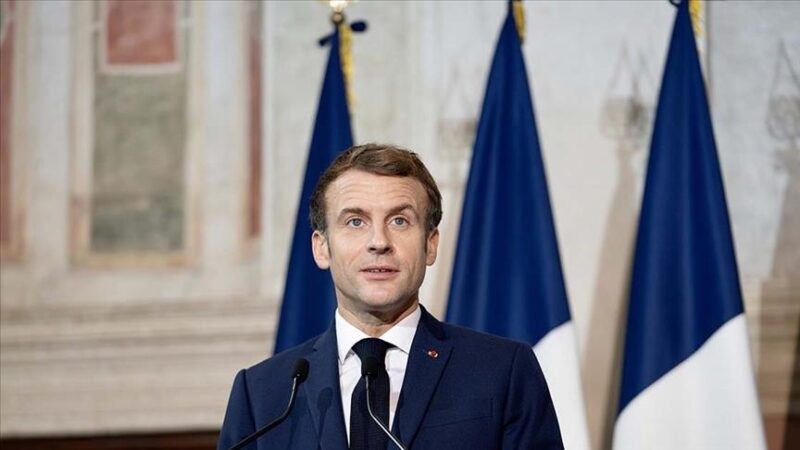France’s Libyan Conundrum: From Key Player to Spectator

A comprehensive French analysis has revealed Paris’s complex struggle to maintain influence in Libya’s political transition, highlighting the nation’s dramatic fall from being Libya’s second-largest economic partner pre-2011 to a marginal eighth place today.
The findings suggest France may be preparing to realign its diplomatic stance within the UN Security Council, particularly focusing on three critical threats facing the North African nation: potential relapse into civil war, systemic corruption, and growing Russian influence.
The revelations come amid the high-profile corruption trial of former President Nicolas Sarkozy, as detailed in an investigative report by La Croix. Sarkozy faces allegations of orchestrating a “corruption pact” with the late Libyan leader Muammar Gaddafi to finance his 2007 presidential campaign. This legal drama unfolds as a stark reminder of France’s diminishing influence in a region where it once wielded considerable diplomatic and economic clout.
“For most French observers, including experts, Libya remains frozen in 2011,” notes Jalel Harchaoui, a senior researcher at the Institute for Defense and Security Studies. “Meanwhile, non-Western powers have steadily filled the vacuum.” This observation is supported by economic data: French trade now represents a mere 3% of Libya’s international commerce, a dramatic decline from its former position as Libya’s second-largest oil customer after Italy.
French influence has seen several pivotal shifts. Under François Hollande’s presidency, Paris officially aligned with UN initiatives, particularly backing the Government of National Unity in Tripoli. However, behind diplomatic curtains, France maintained connections with Field Marshal Khalifa Haftar, first through then-Defense Minister Jean-Yves Le Drian and later under President Emmanuel Macron’s administration.
A significant diplomatic pivot occurred following the failed 2019 offensive on Tripoli by Haftar’s forces. By March 2021, President Macron made an unprecedented acknowledgment of French responsibility for Libya’s decade of instability, stating, “We owe it to Libya, very clearly after a decade of chaos.” While critics view this admission as a belated attempt to regain influence in a territory now dominated by other international actors, some experts see an opportunity for diplomatic renewal.
Harchaoui suggests that France’s permanent seat on the UN Security Council could still prove instrumental in shaping Libya’s future, provided Paris can forge a coherent strategy with key Western allies including the United Kingdom, Germany, Italy, and the United States. The focus, he argues, should be on addressing the triple threat of endemic corruption, Russian interference, and the looming specter of renewed conflict.
The situation underscores a broader narrative of shifting global power dynamics and the challenges facing traditional Western influences in regions where they once held sway. As France contemplates its future role in Libya, the success of any renewed engagement may depend on its ability to adapt to this new geopolitical reality while effectively addressing the immediate threats to Libya’s stability.
How to submit an Op-Ed: Libyan Express accepts opinion articles on a wide range of topics. Submissions may be sent to oped@libyanexpress.com. Please include ‘Op-Ed’ in the subject line.
- France’s Libyan Conundrum: From Key Player to Spectator - January 11, 2025
- Sudan’s Child Crisis Reaches Breaking Point, UN Warns - January 11, 2025
- Libya electoral body reviews reform proposals - January 11, 2025


